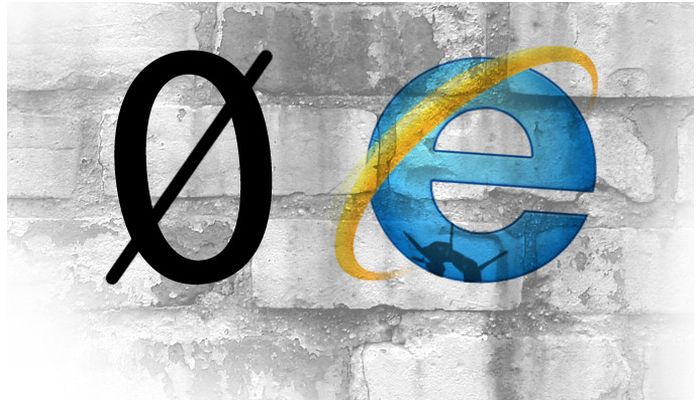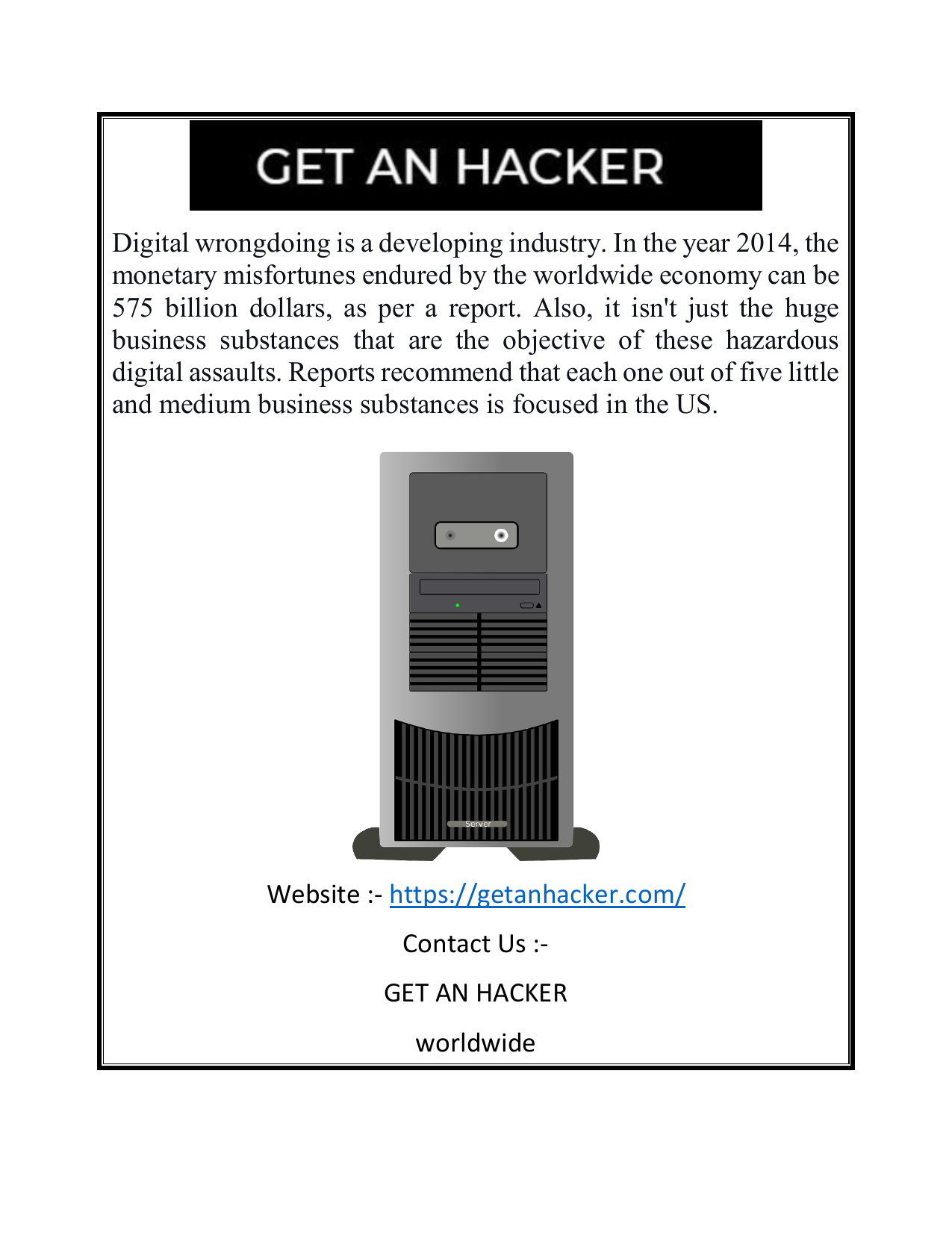There are no fixed rules on how a risk assessment should be carried out but there are a few general principles that should be followed. Before you start the risk management process you should determine the scope of the assessment necessary resources stakeholders involved and laws and regulations that youll need to follow.
Risk Assessment Microbiological Hazards
2 Assessing the risks presented by these hazards.
Risk assessment steps. Human health risk assessment includes 4 basic steps. Record your findings and implement them Step 5 Review your assessment and update if necessary. The first step to creating your risk assessment plan is determining what hazards your employees and your.
Identify Your Companys Risks. Planning - Planning and Scoping process EPA begins the process of a human health risk assessment with planning and research. Employers have a duty to assess the health and safety risks faced by their workers.
Evaluate the risks and decide on precautions. You dont have to identify every possible hazard but you should aim to identify any significant hazards. EFSAs risk assessment of caffeine which hit the headlines in summer 2015 is a practical example of these four steps in action.
Dont overcomplicate the process. Climate risk assessment Your 8-Step Guide to Climate Risk Assessment. A risk assessment is an important step in protecting your workers and your business as well as complying with the law.
Anything that may cause harm. Your organization should conduct risk assessment in a systematic manner. Conducting a company risk assessment can allow an organization to obtain a holistic view of the risks it faces allowing management to identify these risks and capitalize on opportunities.
Some impacts of climate change will be extremely expansive. Your employer must systematically check for possible physical mental chemical and biological hazards. Risk assessments shouldnt be confused with your everyday hazard observations.
Identify the hazards. The Health and Safety Executive advises employers to follow five steps when carrying out a workplace risk assessment. What are the 5 steps of a risk assessment.
It helps you focus on the risks that really matter in your workplace the ones with the potential to cause real harm. How to do a risk assessment. A hazard is something with the potential to cause harm.
5 steps in the risk assessment process. 5 Risk Assessments Step to Include Every Time. A risk assessment is a systematic examination and every time there is a new activity equipment machines work introduced at workplace which could lead to new hazards risk assessment should be carry out in details and provide training to involved employees on this.
These assessments provide a more detailed look into specific jobs or processes to identify and mitigate potential risks. Assessing risk is just one part of the overall process used to control risks in your workplace. Look for the hazards.
Then proceed with these five steps. Perform risk assessment collaboratively as a team effort involving different stakeholders and always taking into account their unique knowledge and views. Risk assessment templates and risk inspections are commonly used when identifying risk and developing solutions for each item.
Five steps to risk assessment can be followed to ensure that your risk assessment is carried out correctly these five steps are. Risk Communication Now that youve identified potential risks evaluated the risks and selected controls the next step is to communicate this information to your team. In many organizations the risks are well known and the necessary control measures are easy to.
We will need to adapt our behavior to survive on this planet that will become very different from the centuries before. Decide who might be harmed and how. The first step is to identify the hazards.
1 Identifying the hazards in the workplaces under your control. 3 Putting control measures in place to reduce the risk of these hazards causing harm. A risk assessment is a written document that records a three-step process.
For most small low-risk businesses the steps you need to take are straightforward and are explained in. There may be one hazard or multiple hazards involved with a task or activity. A security risk assessment checklist and an audit checklist are useful tools to help review the risks while web-based tools offer more advanced means to.
Risk assessments might not be part of your daily EHS responsibilities but that doesnt mean.










